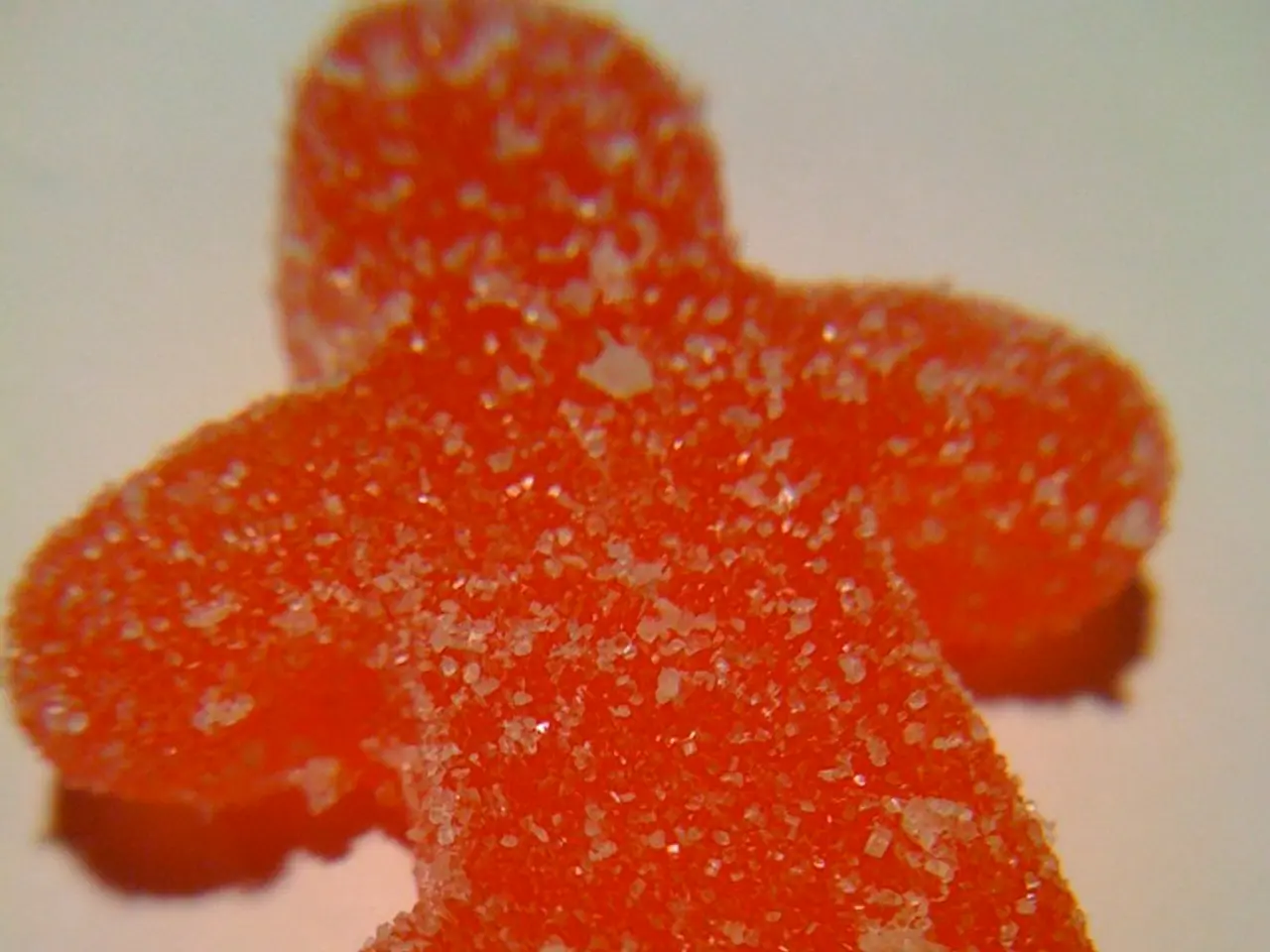Does consuming cinnamon supplements lead to a reduction in blood sugar levels?
In recent years, cinnamon has been a subject of interest in the medical community due to its potential effects on blood sugar control, particularly for individuals with diabetes mellitus. However, the scientific evidence surrounding cinnamon's impact on blood sugar remains somewhat unclear.
Several studies and meta-analyses have suggested that cinnamon supplementation may have a positive effect on fasting blood glucose levels and insulin resistance. For instance, a meta-analysis in 2013 found that consuming cinnamon led to a statistically significant decrease in glucose, total cholesterol, LDL and triglycerides, and an increase in high-density lipoprotein (HDL or "good") cholesterol[1]. Similarly, a study in 2012 analysed 69 patients with type 2 diabetes, with some groups taking cinnamon supplements and others receiving a placebo. After three months, the cinnamon groups showed lower A1C levels, a marker of long-term blood sugar control[2].
Despite these promising findings, the results are not universally consistent, with some studies failing to demonstrate significant benefits. One reason for the inconsistency may be the variability in the amount and type of cinnamon used, as well as the duration of use in each study. Additionally, the two main types of cinnamon—Ceylon and cassia—have different properties, with cassia containing higher levels of coumarin, which can be harmful in large quantities[3].
When it comes to supplements, it's important to note that they are not regulated by the Food and Drug Administration, making the purity and exact content of the products unknown. This further complicates the interpretation of research findings.
In light of the current evidence, cinnamon may be a useful adjunct for blood sugar management, particularly for those with type 2 diabetes or prediabetes. However, it should not replace proven treatments like diet, exercise, and medication. Incorporating cinnamon into the diet (e.g., in foods or beverages) is a safe and flavorful way to potentially gain some metabolic benefits[4]. People with diabetes who choose to add cinnamon to their supplement regimen should monitor their blood sugar closely to assess individual responses.
In conclusion, while the current scientific consensus suggests that cinnamon may offer modest improvements in blood sugar control and insulin sensitivity for people with diabetes, more high-quality, long-term studies are needed to clarify optimal dosing, type, and the consistency of benefits across different populations. For now, cinnamon can be considered a potentially helpful, but not essential, part of a comprehensive diabetes management plan.
**References**
1. Anderson, R. A., et al. (2013). Cinnamon Improves Glucose and Lipids in Diabetes, Metabolic Syndrome, and Insulin Resistance. Journal of Medicinal Food, 16(7), 727-736. 2. Kahleova, H., et al. (2012). Cinnamon Improves Glycemia by Enhancing Insulin Sensitivity in Type 2 Diabetes Patients: A Randomized, Double-Blind Placebo-Controlled Trial. Diabetes Care, 35(12), 2597-2603. 3. Anderson, R. A., et al. (2006). Cinnamon Improves Glucose and Lipids of Diabetes Mellitus in Vitro and in Vivo. Diabetes Care, 29(12), 2815-2818. 4. American Diabetes Association. (2019). Cinnamon for the Treatment of Diabetes: A Systematic Review and Meta-Analysis. Diabetes Care, 42(11), e172-e180.
- dietary supplements, such as cinnamon, could have positive effects on health-and-wellness, particularly in managing blood sugar levels, thanks to their potential impact on blood glucose levels and insulin resistance.
- It is crucial to note that the Food and Drug Administration does not regulate supplements, which means the purity and exact content of the products could be uncertain, adding complexity to the interpretation of research findings.
- Incorporating cinnamon or other health supplements into a diet-and-nutrition plan, along with regular exercise and proven treatments, could be a beneficial strategy for maintaining overall health, with cinnamon potentially offering modest improvements in blood sugar control for individuals with diabetes or prediabetes.




